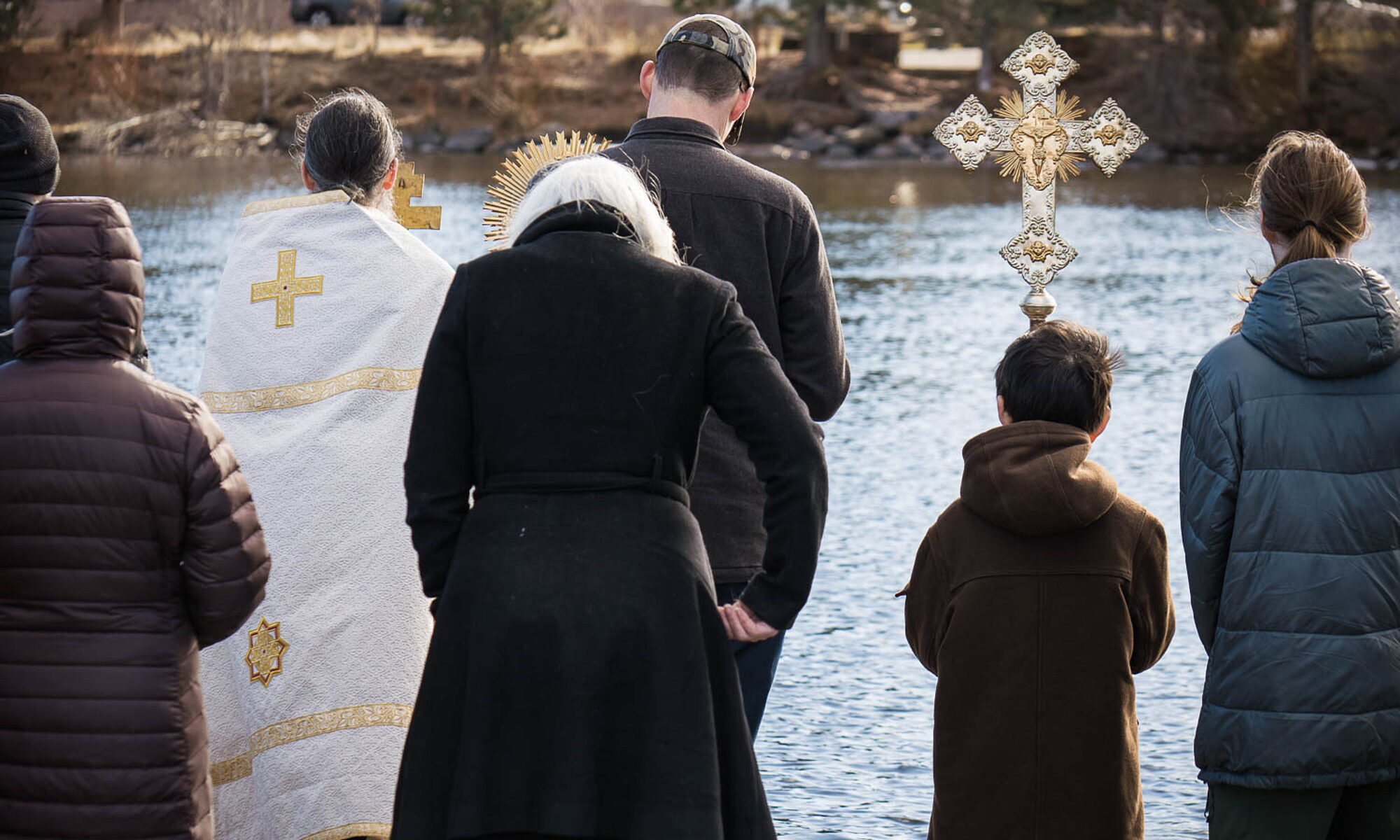One of the first aspects of these after-death experiences that jumps out to the reader is how different they are from each other. How could they all be true, if they are so different? I am going to assume that all of those experiences passed down to us by saints are trustworthy, and yet, even among those, there are many differences.
I find one point enlightening when it comes to these differences: St. Bede passes down three such stories to us, and those three are far from identical experiences. Bede is ok with the differences, and I would think that means we, too, can be ok with these differences. The validity of these experiences does not lie in their similarity, nor were they passed down with such an intention. The differences in St. Bede’s stories seem to be the main reason he recorded them.
We need to keep something in mind, something similar to the angel’s response to one of the individuals in St. Bede’s accounts (Book V, Ch. XII): “I began to think that this perhaps might be hell, of whose intolerable flames I had often heard talk”, but the angel replies, “Do not believe so, for this is not the hell you imagine.” We all come to this topic with a lifetime-worth of presuppositions. We have heard sermons at church; we have heard eulogies at funerals; (and most influentially) we have soaked up the cultural understanding around us. There are many influences in all our lives that make us imagine a particular heaven or hell after death.
Continue reading “What Happens? No Nice, Tidy Answer.”
